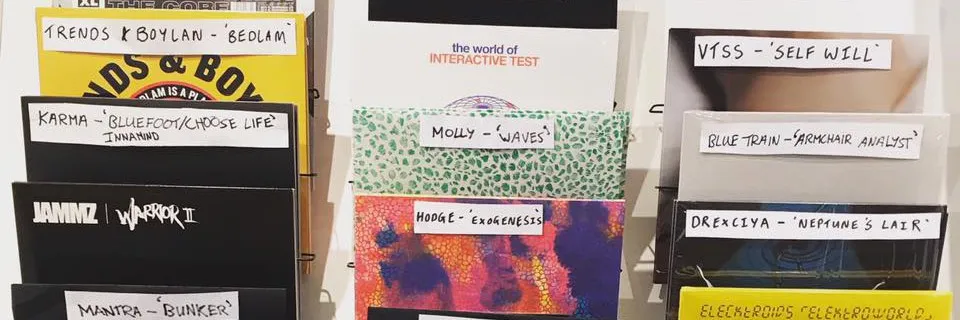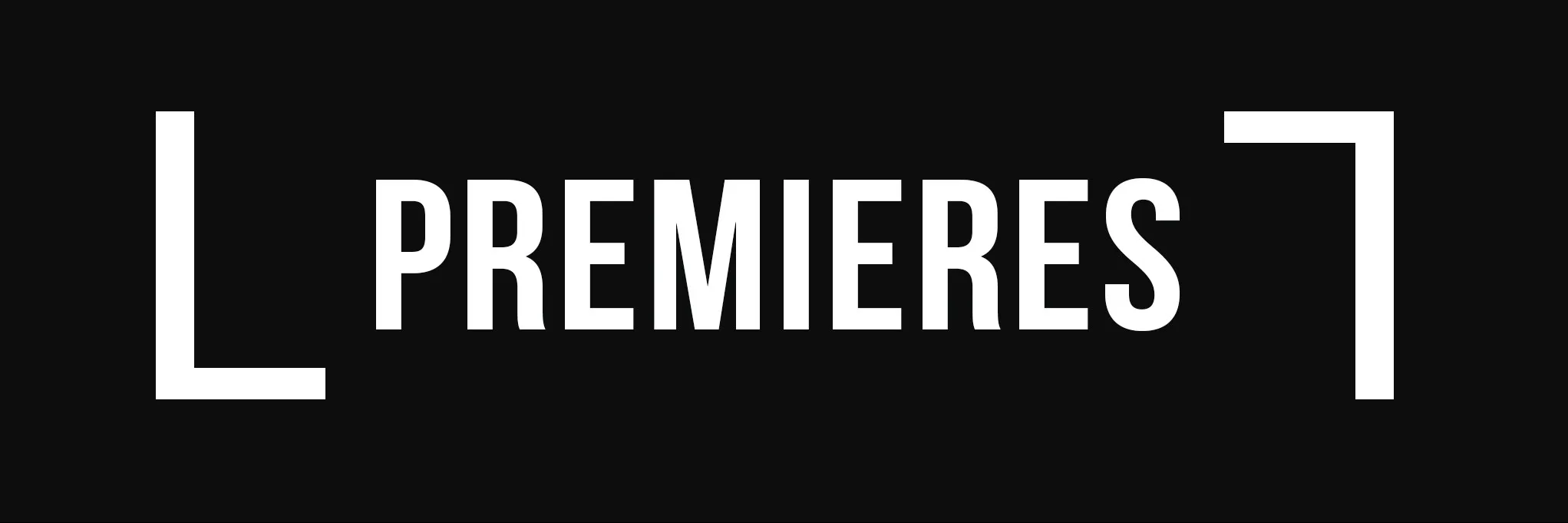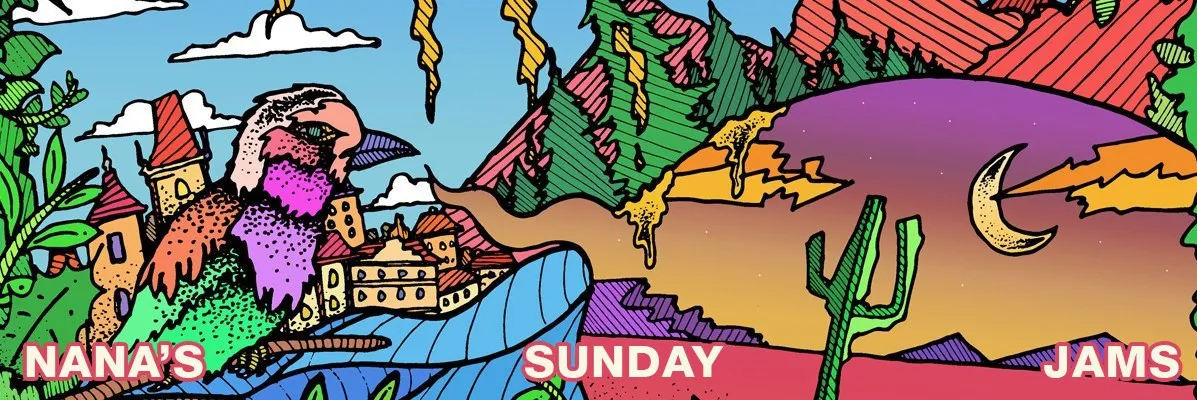 It’s 2010 and the world is almost the same as it is today. Almost. Austerity cuts are hitting Britain’s most vulnerable hardest, cost of living has become a tragic joke and the divide between rich and the rest is reaching record levels.
It’s 2010 and the world is almost the same as it is today. Almost. Austerity cuts are hitting Britain’s most vulnerable hardest, cost of living has become a tragic joke and the divide between rich and the rest is reaching record levels.
Meanwhile, in dance music, the dubstep explosion has subsided, giving way to a UK sound that can (sadly) only accurately be described in the wankiest way; post-genre. South West England’s biggest city, Bristol, has reaffirmed its place as a Mecca for rave thanks to broken, bass-heavy permutations, while also fast becoming one of the most expensive non-capital cities in Europe to do anything in.It’s against this backdrop of increasingly out-priced normality that Chris Farrell decides to take the plunge. Having been part of the furniture at Rooted Records, working alongside Livity Sound lads Peverelist and Kowton, unviable overheads had already sounded that store’s death knell, threatening to leave Bristol void of any retailer focused on electronic noises and surrounding cultures. “There was a shop, and the people who had it before had loosely had a record shop in there. I’d heard on the grapevine they were losing interest, so it was pretty easy to slip in and sublet from them,” Farrell explains how he came to find the original Idle Hands address, on Stokes Croft.
“There was a shop, and the people who had it before had loosely had a record shop in there. I’d heard on the grapevine they were losing interest, so it was pretty easy to slip in and sublet from them,” Farrell explains how he came to find the original Idle Hands address, on Stokes Croft.
“I opened it with very little money but a lot of enthusiasm. Bristol is known for dance music really, above anything else in terms of music. And to not have a shop representing that I thought, well, I had to do something. Just because I loved record shops and always have done, and you know, I recognise they have an importance above selling records.”
Skip forward to today and while Britain as a whole is still battling the same demons — a self-serving elite, record low empathy levels and unaffordable developments tearing souls from communities — plenty has changed at Idle Hands. Now rightly regarded as one of the UK’s top vinyl emporiums, it has relocated round the corner to a unit on City Road. A move that has brought about challenges alongside benefits. “We used to do a lot more in-stores when we were on Stokes Croft. Because we could make as much noise as we fucking wanted,” Farrell responds when we ask about the regularity of events in the shop, going on to explain how in-stores do take place, only less often and taking into consideration the fact there are now residential neighbours, including one young family. “Only one person has complained, and it was when I was away. Pinch came in and did an all-day thing on a Sunday and brought some extra subs.”
“We used to do a lot more in-stores when we were on Stokes Croft. Because we could make as much noise as we fucking wanted,” Farrell responds when we ask about the regularity of events in the shop, going on to explain how in-stores do take place, only less often and taking into consideration the fact there are now residential neighbours, including one young family. “Only one person has complained, and it was when I was away. Pinch came in and did an all-day thing on a Sunday and brought some extra subs.”
As you’d expect, when events happen, it’s a case of supporting local talent. This recently came in the form of a launch party for Pressure Dome, a new forward-techno imprint founded by Yushh. The conversation moves to what’s shifting well, and if vinyl sales for niche sounds really are rising, or if the return of record culture is largely fuelled by collector’s obsessing over rock ‘n’ roll classics to hang on their walls.“My friend, Sean Kelly, started a label recently, Ghost Phone — I sold 40 copies in a week. Because it’s good music,” says Farrell, before expanding on what’s in demand at the store. “At the moment probably our strongest thing is selling white label garage. That tends to be the thing we can do well on. There’s almost not enough to cater for demand. You get these limited releases in and there will be 20 copies sold in an afternoon. I remember at the end in Rooted it was hard to sell multiple copies at all.” “Any retail business, there are a lot of things that you can’t control. I still maintain that a good record sells. Some things just catch the mood of the time. I run the [Idle Hands] record label too, and there are some tracks that do well and others that don’t, even though they get a lot of praise,” he continues. “Running a business is a series of challenges, that’s what it comes down to. My dad was involved in selling records and talks about the challenges 30 years ago. It’s how you adapt and how you move on.”
“Any retail business, there are a lot of things that you can’t control. I still maintain that a good record sells. Some things just catch the mood of the time. I run the [Idle Hands] record label too, and there are some tracks that do well and others that don’t, even though they get a lot of praise,” he continues. “Running a business is a series of challenges, that’s what it comes down to. My dad was involved in selling records and talks about the challenges 30 years ago. It’s how you adapt and how you move on.”
The notion of adjusting to external factors is more than relevant to Idle Hands’ immediate surrounds, and Bristol on the whole. Development is transforming the city, and its relatively small size has compounded the impact. As per, music venues have been hit badly, although Farrell is quick to point out there’s plenty of hope. People from these ends are used to mobilising and doing things for themselves.
“I really rate what Save Bristol Nightlife are doing,” he says of the ongoing campaign to protect and promote native creative spaces and places. “Like everywhere in the UK we are fighting against property developers, we’re fighting against the interests of big business. That’s an ongoing thing in the system we live in. I don’t believe underground dance music culture has ever been really respected, if I’m honest, but things have happened in spite of that.”
“Just look at some of the files that have come out about how the Tories viewed dance music in the 1980s and early-90s, the racism around that, Draconian laws,” Farrell continues, explaining Save Bristol Nightlife is an unsurprising movement in a town renowned for activism. “Definitely there has been a lot of places closing down, but the same spirit that got those parties going in the first place means people are looking in different places. No matter how bad things get people still want to party. I’d say there have been more decent parties happening these days than at any point since I lived in Bristol, which is a long time.” The recent unveiling of Area 404, spearheaded by the team behind Boomtown Fair, is one counterpoint to the negativity. As is a new venue from legendary local promoters Dirty Talk, due to be launched in 2020. Spots such as Lakota and Cosies remain focal points for the scene, with throwdowns also found in sweat-stained boozers like The Black Swan.
The recent unveiling of Area 404, spearheaded by the team behind Boomtown Fair, is one counterpoint to the negativity. As is a new venue from legendary local promoters Dirty Talk, due to be launched in 2020. Spots such as Lakota and Cosies remain focal points for the scene, with throwdowns also found in sweat-stained boozers like The Black Swan.
“My friends run Cosies, and that’s why we do our parties there,” Farrell says, explaining the nights are designed as an alternative to the high entry fees of major clubs. “I just remembered what it was like to be 20, 21, and not have a lot of money. So you can come to our parties with £20 and have a good night. Grassroots stuff.”
The emotional intensity and sensitivity that comes with any conversation relating to gentrification and the out-pricing of culture doesn’t end with beats versus faceless tower blocks. As a shop with a regular clientele of young party kids, despite clearly being in this for the right reasons, Farrell has himself been labelled as a facilitator of the takeover of a traditionally rough, ready and unique corner of Bristol.“I get accused of being a gentrifier myself,” he says, explaining how he met one particular campaigner to convince them Idle Hands wasn’t simply a business concern, but a hub for diverse tunes, characters and communities. “In my head [dance music] has always been something with roots in working and lower middle class culture. It’s not a bougie thing. He asked ‘do you serve the local community?’ I was like ‘yeah, I kind of do’. St Paul’s is an area with an historic soundsystem culture. A lot of my customers might be white students but that doesn’t stop Jamaican guys coming in to buy a load of reggae.”
“Fuck it, let’s get political for now. In the last decade we’ve seen one of the biggest transferences of wealth from bottom to top in the name of austerity. We’ve seen ordinary people — sorry, I shouldn’t really use the term ordinary — working class people pushed out of their areas. And it’s frustrating. And I can but hope that we get a government that gives a shit about everyday people. It’s not nice to see.”
“So I guess it just stings a little”, he says of how mistrust towards his intentions and allegiances makes him feel. “But that’s because I’ve got quite sensitive skin. But yeah, I can’t reiterate it enough, for me it has always been about being a community thing and representing that strain of dance music culture in a shop. This is a retail concern but I’m not completely money driven. It’s about making a good place to buy records.”Idle Hands Facebook
Written by Martin Guttridge-Hewitt
← Back to blog




